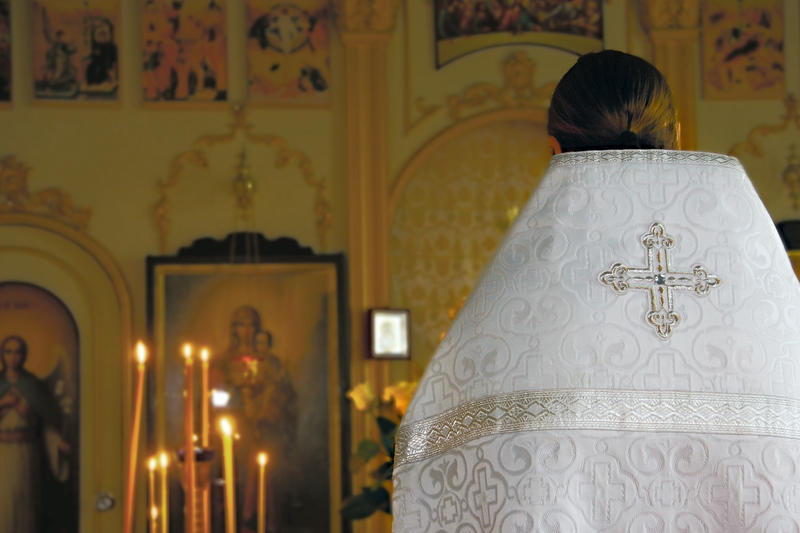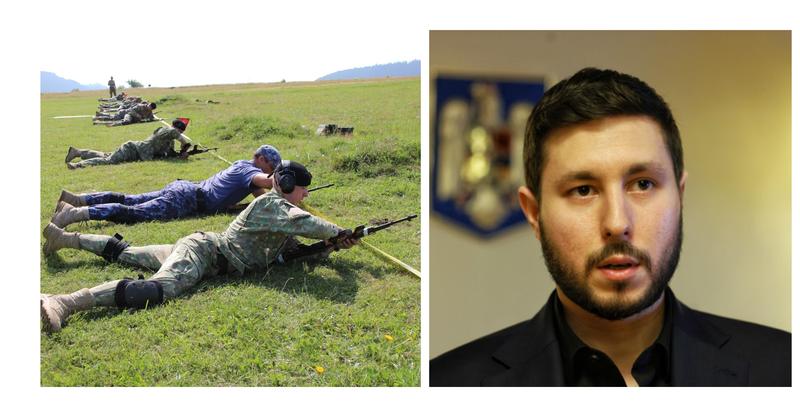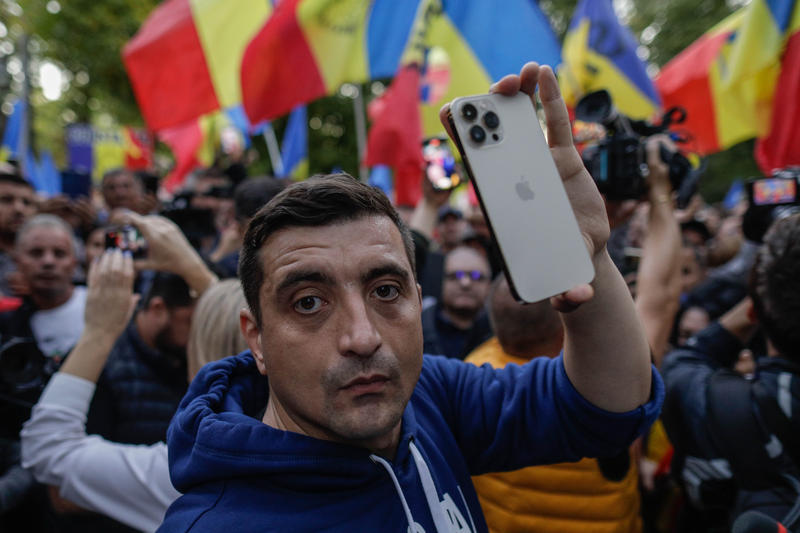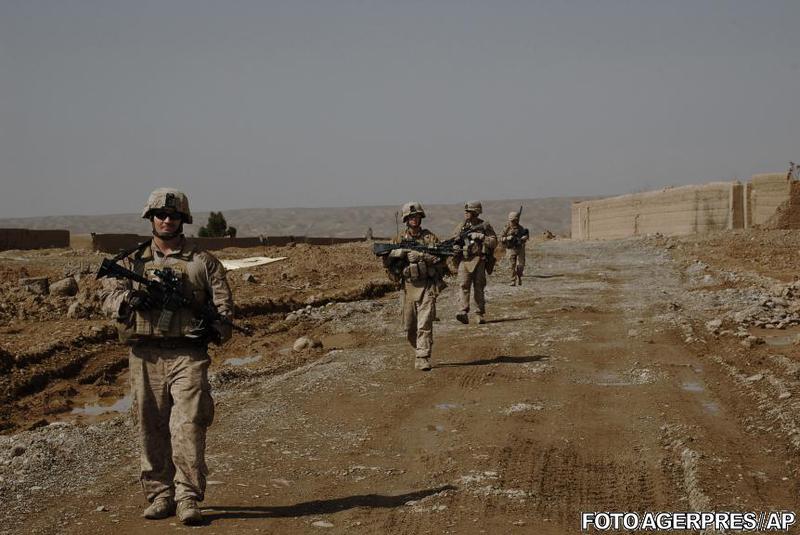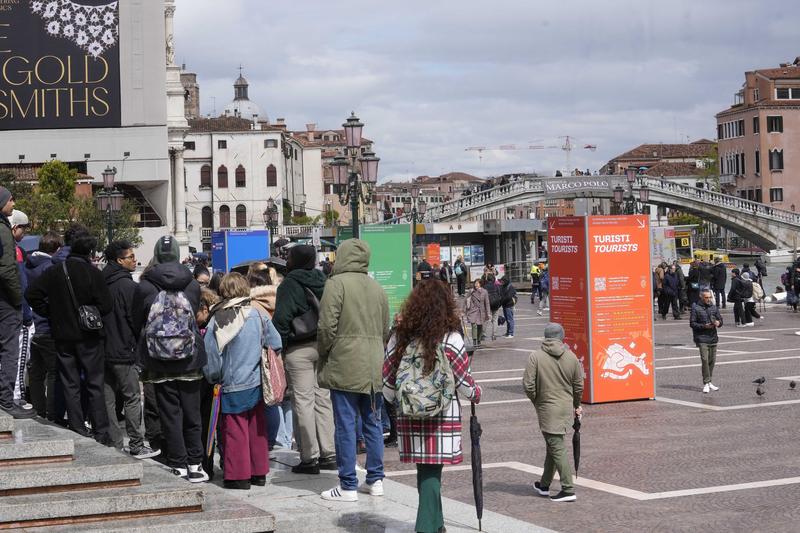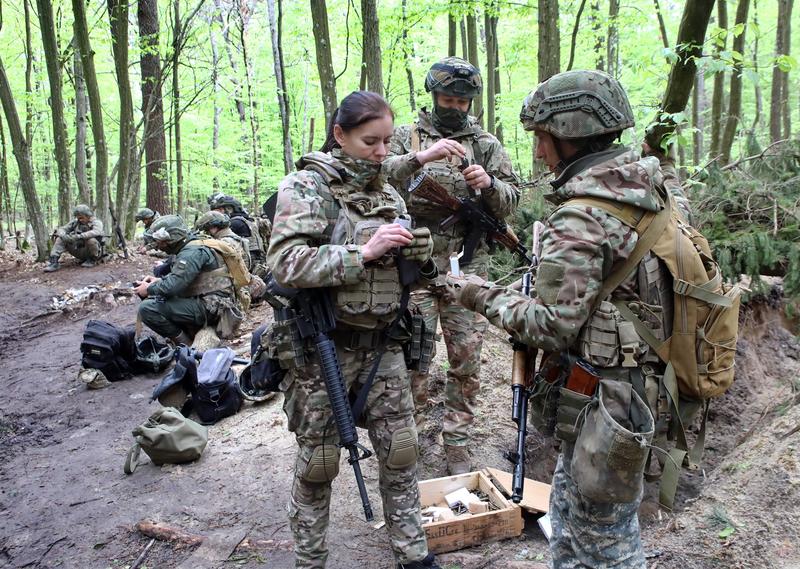Some 44.47% of Romanian high school students passed the 2011 Baccalaureate last week - the lowest graduation rate in the history of the country. According to data provided by education authorities on Sunday, the extremes were reported in the counties of Caras Severin (24.82% graduation rate) and Suceava (65.03% graduation rate, as compared to 87.39% in 2010).
The graduation rate for the first Baccalaureate session last year stood some 20 percentage points above this year's - 67.4%, and that was the lowest for the past decade. Since 2000, the graduation rate had never fell before 75% at national level.
The news sent shock waves and has been intensively discussed in the media since yesterday.
On Monday, Education minister Daniel Funeriu said in a press conference that the results of the Baccalaureate exam showed clearly that Romania was at a crossroads as "these results and the behaviour that generated them are the mirror of our society today. Our nation must choose between going with honest, working, persevering people and cheat, non-work, superficiality and dodging rules".
He congratulated the 90,765 high school students who graduated the Baccalaureate.
But he said that in the light of the results Romania itself was at stake.
For his part, Cristian Alexandrescu, chief education inspector for Bucharest, said the exam was taken very lightly by students this year and proved one cannot obtain a diploma with no effort at all.
The graduation rate in Bucharest stood at 42.03%, the lowest ever since the 1989 revolution.
Media debates starting Sunday focused on the possible causes for the situation, spreading from the lack of parental involvement, the disinterest of teachers who had their already low wages cut significantly last year to the shifts in youth behaviour and lack of student interest in learning and preparing for a career.

